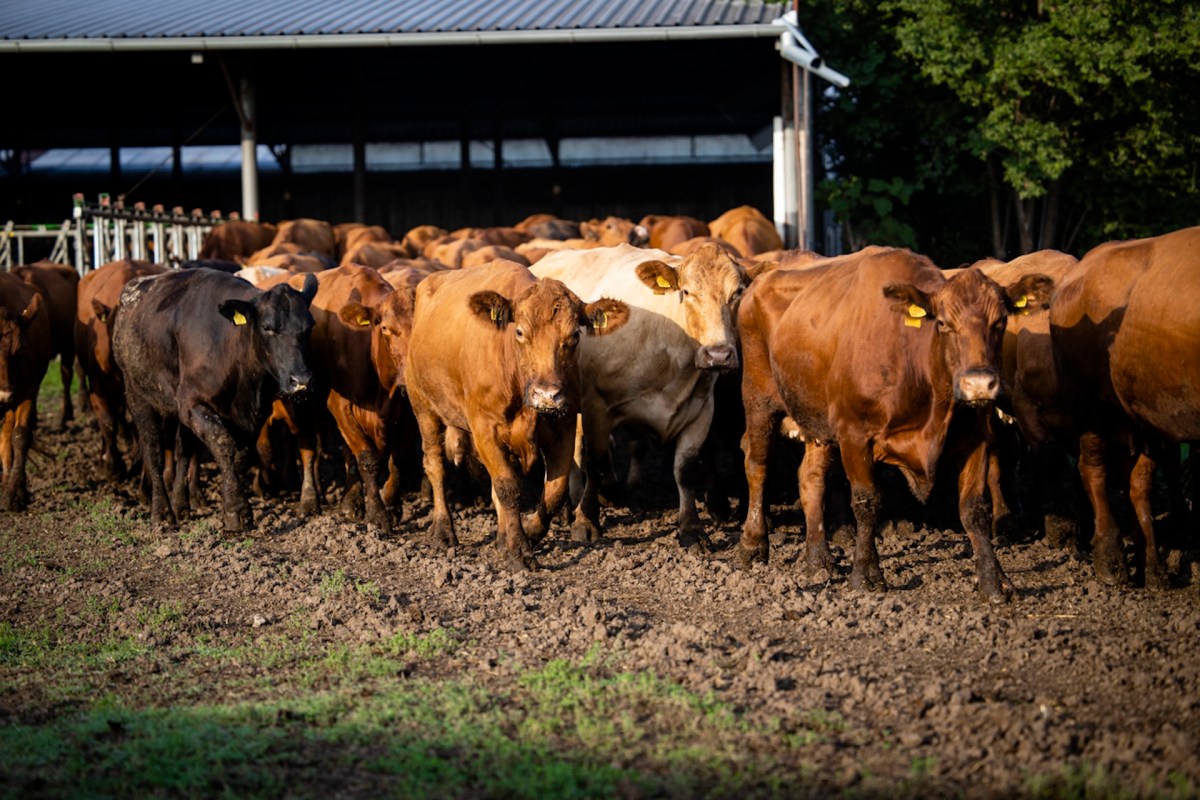Beef prices have reportedly hit a new high, retailing at $8 per pound to beat the COVID-19 pandemic record by 10 cents, according to data from the U.S. Department of Agriculture analyzed by the Financial Times.
This comes as the "southwestern U.S. recovers from [the] worst dry spell in 1,200 years," as reported by Business Insider.
"This drought is an environmental event having a significant impact on the national herd," Louisiana rancher Amelia Kent told the FT.
The USDA projects beef production to be down by 180 million pounds over a six-month period by the end of 2023, while the Insider noted that the average size of herds is at 61-year record lows as farmers struggle to feed their animals.
"A lot of our neighbors are selling … The cattle values in general are worth more than they've ever been worth before. And quite frankly they're worth more than what we're having to pay for hay," Kent told the FT.
According to the Columbia Climate School, a study in the journal Nature Climate Change discovered that the past 22 years were projected to be drier than usual as part of a natural cycle.
However, it pointed out that human behaviors greatly intensified the severity of the situation, highlighting the importance of living in balance with our environment. Human actions were reportedly "responsible for about 42 percent of the soil moisture deficit since 2000."
Carbon pollution has been linked to rising temperatures and extreme weather events like droughts at a global level, and just about every industry, from transportation to fashion to agriculture, has contributed to the problem.
"All consumers will be paying more for all beef products for several more years," Michael Swanson, the chief agricultural economist at Wells Fargo, told CNBC.
"If you're on a boat getting tossed around by waves, you don't go up to the captain and ask, 'Are we screwed?' You find a bucket and you start bailing water," Jason Smerdon, one of the authors of the study, told NBC News in February 2022. "That's the attitude we all have to have about this. We need to all go pick up a bucket and get to work."
Join our free newsletter for cool news and actionable info that makes it easy to help yourself while helping the planet.









